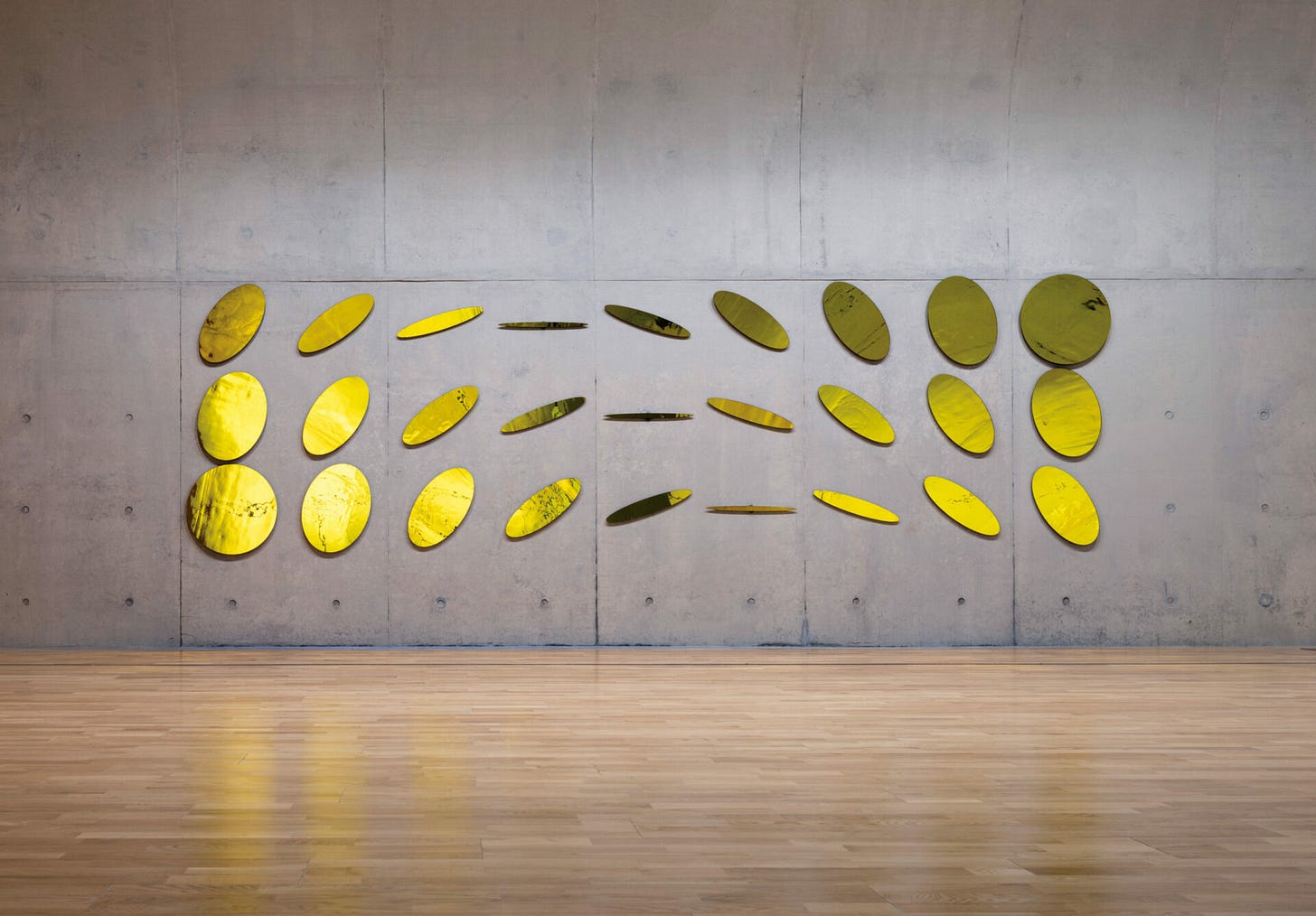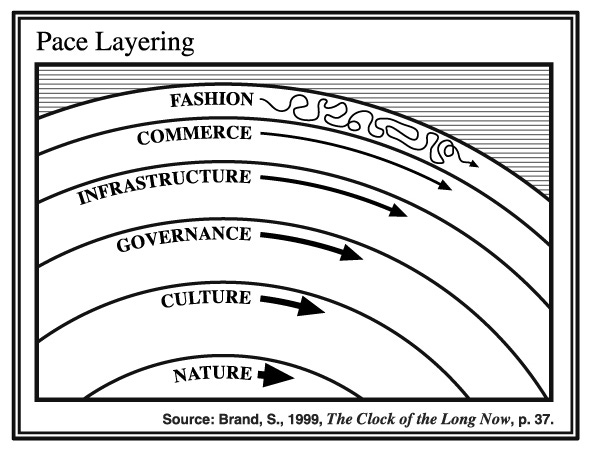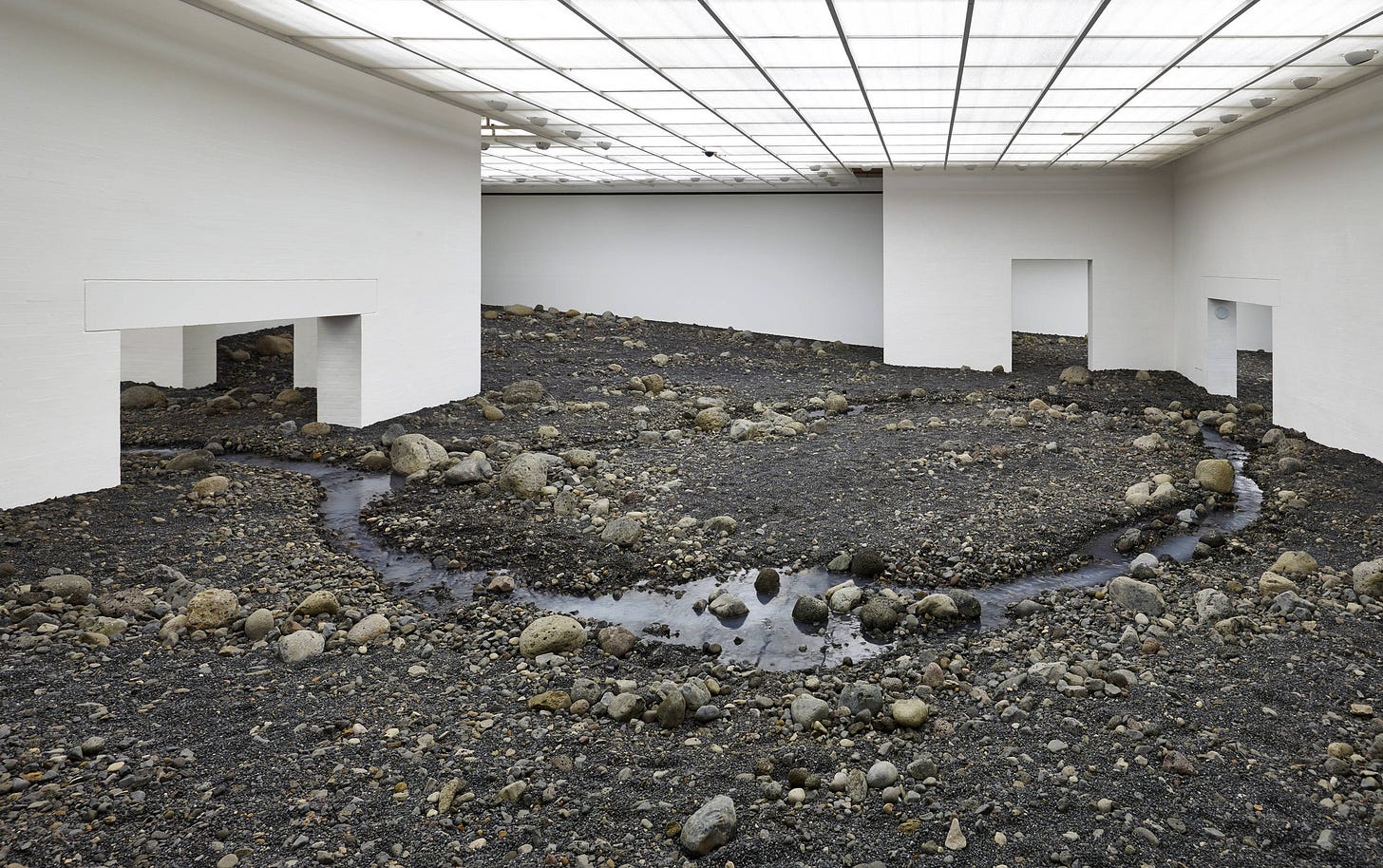I wouldn’t say I’ve been agonizing over what to write for the 100th issue of the newsletter. But I have been patiently waiting, I suppose on myself, for the right thing to arrive.
Both in conversation with peers, as well as going through old notes, the idea of me writing a new manifesto of sorts became more and more attractive.
Manifestos are interesting. They tend to draw the lines of emergent sub-cultures (cyberpunk manifesto), set loose a course of individual actions (Unabomber manifesto), or they are the Orange Catholic Bible of mass movements (Bitcoin whitepaper).
I believe that it is comically too rare for technologists to actually put down what they believe the role of technology is. Why they are doing the very thing they claim to be serving missions towards. Perhaps the invisible hand of industry and technium is more at work, shaping the values of that which is created, than even I realize.
Let this then stand as a counterforce to that energy.
This is a series of statements that are meant to anchor us in the belief that technology is a force for collective progress, if we can view it as more than an ability to create individual wealth. And how we might do that work.
That the biggest problems ahead of us, are the greatest opportunities to lift the bar of human potential.
And to provide some soft warnings to meditate on, as we weigh the constant reality that our decisions create a network of future ramifications.
These are all written as “The New Technologist”
First and foremost, the new technologist is not ashamed of working in technology. They view it as a joy and a privilege. It is not defeatist nor is it with any sense of irony that we approach our work intensely.
The new technologists spend their time with each other, seeped in references and discussion, aware of histories that form an interdisciplinary school of thought and practice.
It is the goal of the new technologist to increase the “capability landscape”, thus increasing the individual’s potential for greatness. There have been people that were born and died within a time period without access to / invention of the tool they are meant for. How many Mozart’s died before the invention of the Harpsichord? Our job is to continually reduce the number of people that meet that fate, by improving the built environment.
The new technologist sees hardware as part of the “nature” layer of pace layering. We want culture to be diverse and generative, and we work to produce new hardware platforms towards that diversity.
The four most important areas of next-gen / post-internet technologies are hardware, spatial, crypto, and AI. The new technologist spends their time advancing ideas, products, capital, and systems in these arenas. Why? → Because hardware and spatial represent a shift in “containers” for software, and AI and crypto represent a shift in what software is. These four areas will converge into new metas.
The new technologist does not subscribe to the cult of being a founder. Instead we seek to advance the four areas previously mentioned.
The new technologist cares about increases in the standard of living. We view subjects like alternative food production, housing production, and transportation as fundamental to our canon.
The new technologist sees this social media era the same way we look back at smoking while pregnant. We believe that the way out is a mix of better products + cultural awakening.
It is the responsibility of the new technologist to make others aware of what technologies and media do to them.
We do not filter our work through our identity. To filter one’s work through identity labels is to constantly be addressed through that identity, and the work never stands on its own. The new technologist avoids this path.
The new technologist believes in the power of good critique. It is not hostile to interrogate each other’s ideas, products, or goals.
We believe that there is no progress where there is no narrative. To us, narrative forms the other side of the progress double-helix with technology. The new technologist is either an open wielder of narrative themselves, or works closely with / deeply values narrative construction as a critical function of progress.
We live in an environment of narrative warfare. If we don’t shape the narrative, our enemy will. We do this to serve the progress of beneficial outcomes, not as a status measure.
We believe major human efforts need a creative director. Not because it needs good typefaces, but because the counterforces of the effort’s image are simply too high to not have one. Some efforts that could use creative directors today include: Nuclear Energy — Crypto — Mars — Moon Base (Project Artemis) — High Speed Rail — Autonomous Cars — AGI — Quantum Computing — Housing Security — Alternative Food Production — 3D Printing — New Cities — the list goes on
Finally, the new technologist does not limit themselves to the VC sprint arena of the past two decades. We believe that we will need to run for government offices with a platform around building products that work for constituents. We are comfortable and embrace roles in the public sector, financial industry, cultural industries, and more.
I don’t do edits really, so excuse typos and things that don’t make sense.
Thanks so much for giving me your attention. I hope it was worth it, if not… unsubscribing will not hurt my feelings, and will give you back time you literally cannot have back.
Much love.
Live in the light







